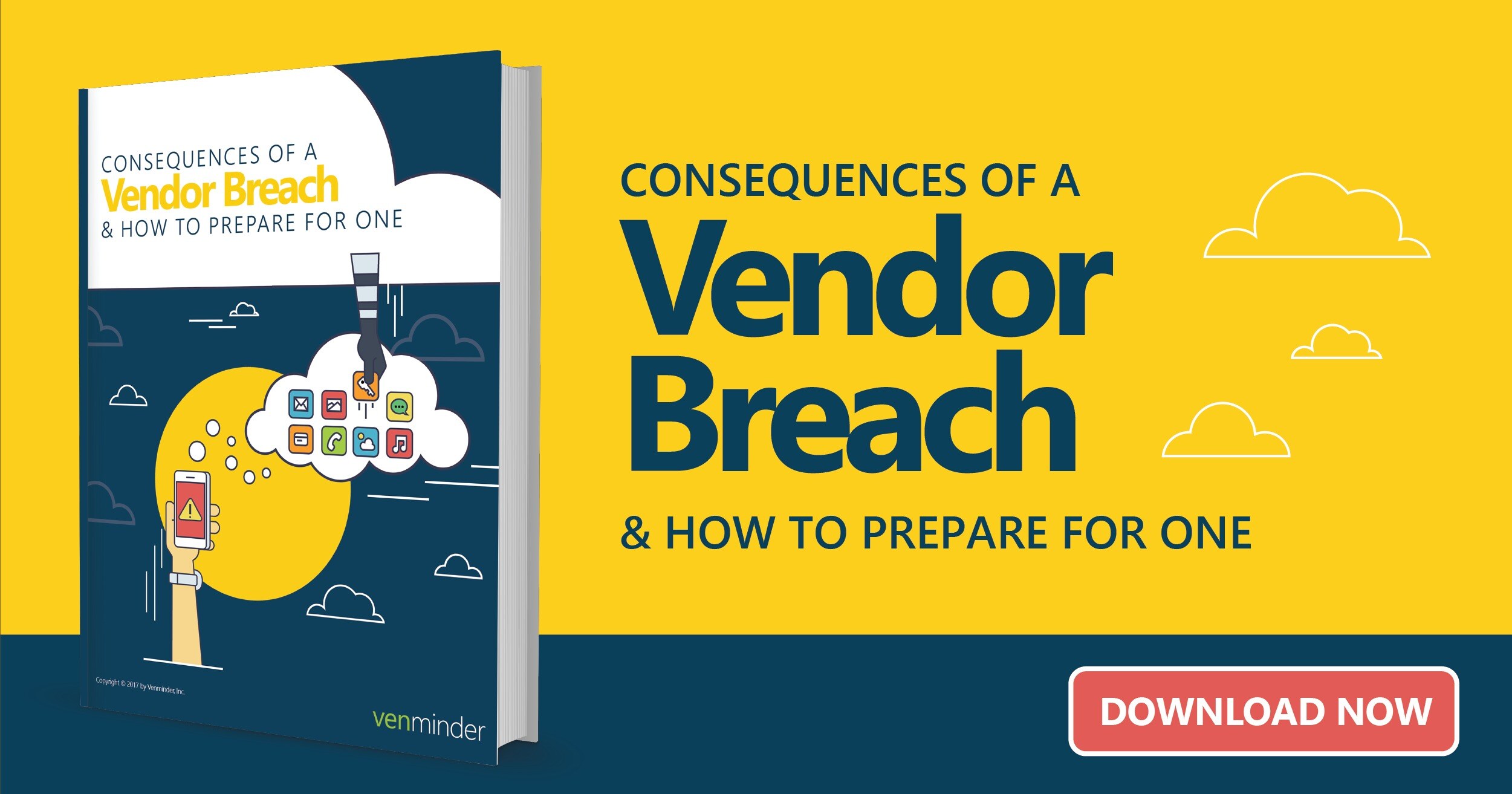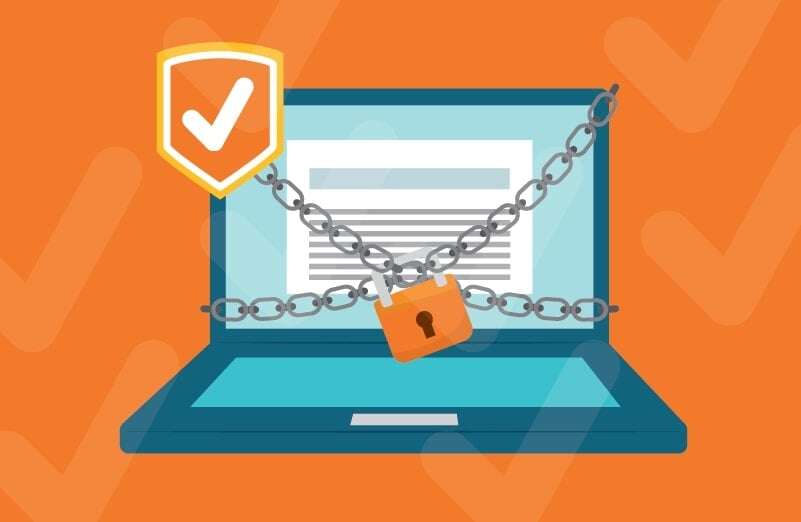As part of your vendor due diligence, you should be spending time on cybersecurity. To help you out, I've got 10 tips
- Purchasing software for your company? Make sure your Service Level Agreement (SLA) contains a plan for security updates, patches and maintenance!
- If you’re outsourcing any of your data collection, processing or storage to a third party, ensure your third parties are required to notify you of any cybersecurity breach.
- If your vendor’s standards don’t match yours and they are unwilling to implement your minimum standards, they may not be right for you.
- When in doubt about how to design your cybersecurity program, follow the National Institute of Standards and Technology (NIST) Cybersecurity Framework: Identify, Protect, Detect, Respond and Recover.
- Don’t wait until you experience a security incident before assessing your Incident Management Program. The best way to mitigate your vendor risk exposure from an incident is to make sure that your organization has documented Incident Response procedures and that responsible personnel have appropriate training and have practiced the Incident Response procedures.
- Was a vendor you use or a similar product or service recently involved in a cybersecurity incident? Don’t just focus on the breached vendor, look at their competitors and complementary vendors for similar vulnerabilities.
- Trust but verify. If someone calls you and asks or demands you to perform a task, find a way to verify their identity. Ideas include: call them back at the number listed for them in the company directory and or contact their supervisor to verify that they have permission or authorization to request what they’re asking.
- Knowing what your employees, contractors and third parties have access to helps ensure that your information stays safe. Confidentiality agreements, data security training and managing access are all ways to ensure proper protection.
- Part of developing a cybersecurity strategy needs to include managing your vendors to ensure they don’t become your weakest link. You could have the most comprehensive cybersecurity procedures in place, but if your vendors aren’t doing the same, your plan is as weak as theirs.
- Pay attention to how your vendor protects data from destructive forces and from the unwanted actions of unauthorized users. Destructive forces can be data breaches, theft or intentional unauthorized release.
To learn more on vendor cybersecurity, download our ebook on Consequences of a Vendor Breach & How to Prepare for One.




